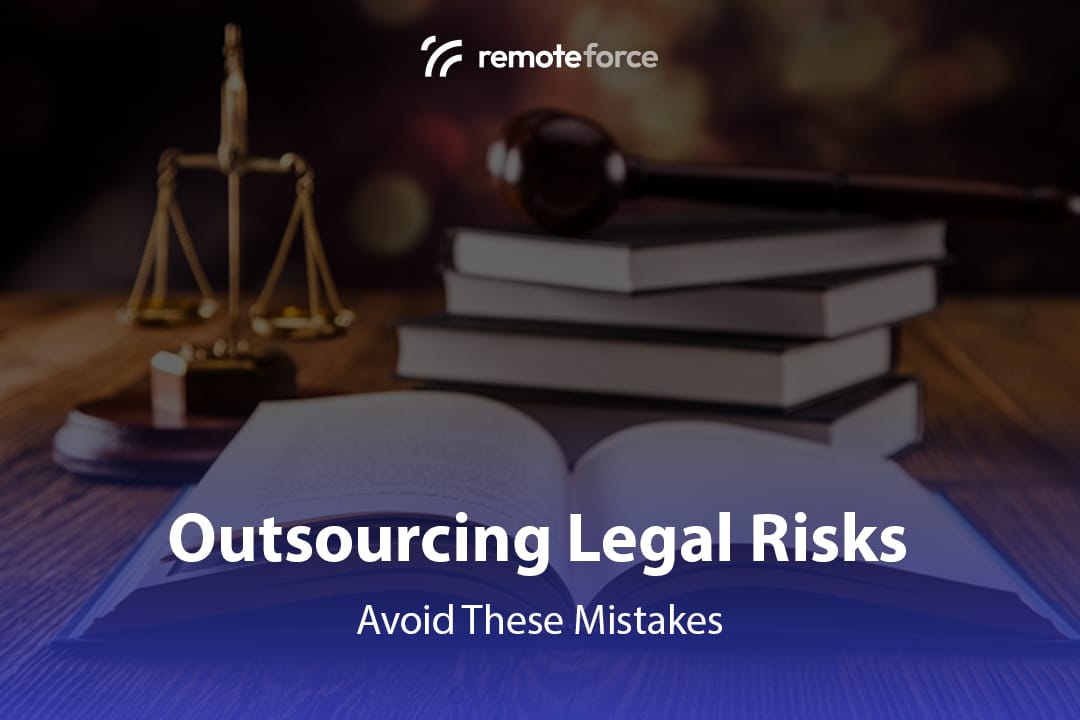Legal disputes, whether personal or business-related, can be incredibly stressful, time-consuming, and expensive. The traditional courtroom litigation process, while necessary in some cases, often escalates conflict and can drag on for years. Fortunately, there are effective alternative dispute resolution (ADR) methods that offer faster, more affordable, and often less confrontational ways to settle disagreements. Two of the most common and powerful ADR options are mediation and arbitration.
If you’re facing a dispute and wondering about the best path forward, understanding the fundamental differences between mediation vs arbitration is crucial. Both methods aim to resolve legal disputes outside of court, but they differ significantly in their approach, the role of the neutral third party, and the binding nature of the outcome. Learn how each method can resolve your legal disputes faster and more affordably, and discover which legal service is right for you. Click for expert advice to navigate your options!
Table of Contents
ToggleThe Landscape of Dispute Resolution: Beyond the Courtroom
In a world that values efficiency and amicable solutions, Alternative Dispute Resolution (ADR) has gained significant prominence. ADR methods are designed to empower parties to resolve conflicts with greater control, privacy, and often, without the adversarial nature of traditional litigation. This approach saves businesses and individuals substantial time, money, and emotional energy.
While litigation focuses on winning or losing, ADR often prioritizes finding common ground and mutually agreeable solutions. This is particularly beneficial in disputes where ongoing relationships (e.g., business partners, family members) are important.
Mediation vs Arbitration: A Detailed Comparison

Let’s break down each method to help you determine which might be the best fit for your specific legal needs.
What is Mediation?
Mediation is a voluntary process where a neutral third party, called a mediator, facilitates communication and negotiation between disputing parties to help them reach a mutually acceptable agreement. The mediator does not make decisions or impose a solution; their role is to guide the conversation, clarify issues, explore options, and assist the parties in finding common ground.
Key Characteristics of Mediation:
- Voluntary: Parties enter and remain in mediation willingly. They can withdraw at any time.
- Non-Binding: Any agreement reached is only binding if both parties formally sign it. If an agreement isn’t reached, the parties are free to pursue other legal avenues, including litigation.
- Confidential: Discussions in mediation are typically confidential, fostering open and honest communication without fear of prejudice in future proceedings.
- Party-Controlled: The parties themselves retain full control over the outcome. The mediator merely facilitates; they don’t decide.
- Focus on Interests: Mediators help parties understand each other’s underlying interests, not just their stated positions, which can lead to more creative and lasting solutions.
- Flexible Process: The mediation process can be adapted to suit the complexity and nature of the dispute.
When is Mediation Right for You?
Mediation is often ideal for disputes where:
- Preserving Relationships is Important: Family law (divorce, child custody), partnership disputes, employment disputes, or ongoing business relationships.
- Parties Want Control: When both sides wish to craft their own solution rather than have one imposed upon them.
- Communication is Strained: The mediator can help bridge communication gaps and facilitate difficult conversations.
- Cost and Time are Concerns: It’s generally less expensive and faster than litigation or arbitration.
- Privacy is Desired: The confidential nature of mediation protects sensitive information.
Example: A dispute between two business partners over differing visions for the company’s future. A mediator could help them explore options like one partner buying out the other, defining clear roles, or even dissolving the partnership amicably, all while preserving respect.
Also Read: Litigation Support: The Silent Strength Behind Every Legal Win
What is Arbitration?
Arbitration is a more formal process where a neutral third party, called an arbitrator (or a panel of arbitrators), hears evidence and arguments from both sides and then makes a legally binding decision (an “award”). In many ways, arbitration resembles a private trial, but it’s typically less formal and more streamlined than court litigation.
Key Characteristics of Arbitration:
- Often Contractual: Many contracts (employment, commercial, consumer agreements) include an arbitration clause, making it mandatory if a dispute arises. It can also be entered into voluntarily by agreement.
- Binding (Usually): The arbitrator’s decision is typically final and legally binding, enforceable by courts, and very difficult to appeal except on narrow grounds (e.g., fraud, bias).
- Confidential: While not always guaranteed by law, arbitration proceedings are often private, unlike public court records.
- Decision Imposed: The arbitrator acts like a judge, listening to evidence and then issuing a ruling. The parties surrender control over the outcome to the arbitrator.
- Evidence-Based: Parties present evidence, call witnesses, and make legal arguments, similar to a trial.
- Faster and Less Formal than Litigation: Though more formal than mediation, it’s generally quicker and involves fewer procedural rules than a courtroom trial.
When is Arbitration Right for You?
Arbitration is often preferred for disputes where:
- A Definitive Decision is Needed: When parties need a clear, final resolution and are willing to abide by an imposed decision.
- Speed and Efficiency are Paramount: It’s typically much faster than litigation.
- Expertise is Required: Arbitrators are often chosen for their subject matter expertise in the area of the dispute (e.g., construction law, intellectual property).
- Privacy is Important: While the award might be public if enforced by a court, the proceedings themselves are usually private.
- Parties Prefer to Avoid Litigation: Arbitration offers a way to bypass the public nature and lengthy process of a court trial.
Example: A complex construction dispute where engineers, contractors, and property owners disagree on project completion and costs. An arbitrator with expertise in construction law could review technical documents and testimony to issue a definitive ruling.
Key Differences at a Glance
| Feature | Mediation | Arbitration |
| Neutral’s Role | Facilitates negotiation; doesn’t decide. | Hears evidence; makes a binding decision. |
| Outcome Control | Parties control the outcome. | Arbitrator controls the outcome. |
| Binding? | Non-binding (unless agreed upon). | Usually legally binding. |
| Formality | Informal, flexible, conversational. | More formal, like a mini-trial. |
| Appealability | No appeal (since no decision is made). | Very limited grounds for appeal. |
| Confidentiality | Highly confidential. | Often confidential. |
| Cost & Time | Generally less expensive and faster. | More expensive and slower than mediation, but faster and cheaper than litigation. |
| Relationship | Aims to preserve/improve relationships. | Focuses on resolving the dispute, relationship secondary. |
Choosing the Right Legal Service: Expert Advice
Deciding between mediation and arbitration depends heavily on the specifics of your dispute and your desired outcome.
- Consider your relationship with the other party. If you need to preserve it, mediation is often the better choice.
- Assess your willingness to compromise. If you’re open to finding a middle ground, mediation offers that flexibility. If you need a definitive “win” or “loss,” arbitration might be more suitable.
- Evaluate the complexity of the dispute. Highly technical or legally intricate cases might benefit from an arbitrator’s expert ruling, whereas simpler disputes might thrive in mediation.
- Review existing contracts. Many contracts already specify arbitration as the dispute resolution method.
Consulting with legal professionals experienced in alternative dispute resolution is always the best first step. They can analyze your unique situation, explain the nuances, and help you strategize the most effective path forward.
Conclusion: Efficient Solutions for Modern Disputes
Understanding the distinct characteristics of mediation vs arbitration empowers you to make informed decisions when facing legal disputes. Both offer compelling advantages over traditional litigation, providing avenues for faster, more affordable, and often more private resolutions. Whether you prioritize preserving relationships and controlling the outcome through the collaborative nature of mediation, or require a swift, binding decision from an expert arbitrator, these ADR methods are indispensable tools in today’s legal landscape.
Navigating legal complexities requires not just knowledge but also experienced guidance. At RemoteForce, we understand the critical need for efficient and effective dispute resolution. Our comprehensive legal services include expert advice on mediation, arbitration, and other ADR strategies, helping you choose the right path for your specific situation. We connect you with seasoned legal professionals who can guide you through every step, ensuring your interests are protected and disputes are resolved favorably. Beyond legal services, RemoteForce also offers digital marketing, graphic design, secretarial, web and app development, and accounting services, providing a holistic suite of solutions to empower your business and personal affairs.
Facing a legal dispute and unsure which path to take? Contact RemoteForce today to get expert advice on mediation, arbitration, and other legal services tailored to your needs!




